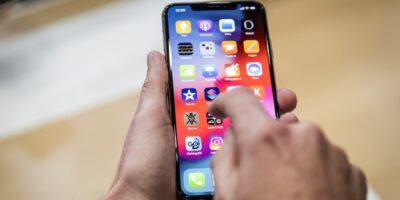American tech companies are still doing business with Huawei as well as with other Chinese companies like ZTE. But the window to buy Huawei products will close in November unless Trump lets Wilbur Ross issue licenses so tech companies can work with Huawei.
Mr. Trump claims Ren Zhengfei’s company spies for the Chinese government. Trump has no proof of spying, but T-Mobile and other companies say Huawei has a direct link to President Xi’s government.
Mr. Trump decided to blackball Chinese tech companies when he started his tariff war with China. Mr. Trump thought President Xi would give in and let him change the way China deals with its international companies. But Xi told Trump banning China’s tech companies would hurt the U.S. more than China.
Trump also orchestrated an off-the-books arrest of Meng Wanzhou last December in Canada. The State Department asked Canadian Customs Officials to arrest Meng for violating the sanctions against Iran. Wanzhou is Zhengfei’s daughter and the CFO of Huawei. According to several news reports, Meng’s lawyer told a Canadian judge customs officials took all of Meng’s electronic devices away from her before they put the cuffs on her. After her arrest, Canadian officials sent Meng’s personal and business information to the FBI.
The president thought China would agree to his terms after Wanzhou’s arrest. But the Chinese stepped up their attacks on Canada and Trump’s credibility. Now that the phase one deal is in no-man’s-land, it’s doubtful Trump’s plan to use Meng as a bargaining chip will help him convince Xi to change Chinese law. Xi wants Canada to release Wanzhou before he signs any type of tech trade agreement.
Even though Huawei will lose $10 billion in revenue due to Trump’s ban, the company’s 5G platform will make up for the lost revenue next year. Forty countries signed a 5G agreement with Ren, and thirty more countries plan to use Zhengfei’s 5G services. Russia, North Korea, and EU countries want Huawei to build a 5G network even though Mike Pompeo and Mr. Trump did their best to dissuade the EU from doing business with Huawei.
Huawei also plans to increase revenue when the Mate X that hit the Chinese market on November 15th. The foldable Mate X is direct competition for the Galaxy Foldable smartphone. Huawei also plans to launch another foldable smartphone called the Mate Xs powered by Kirin 990 5G in 2020.


